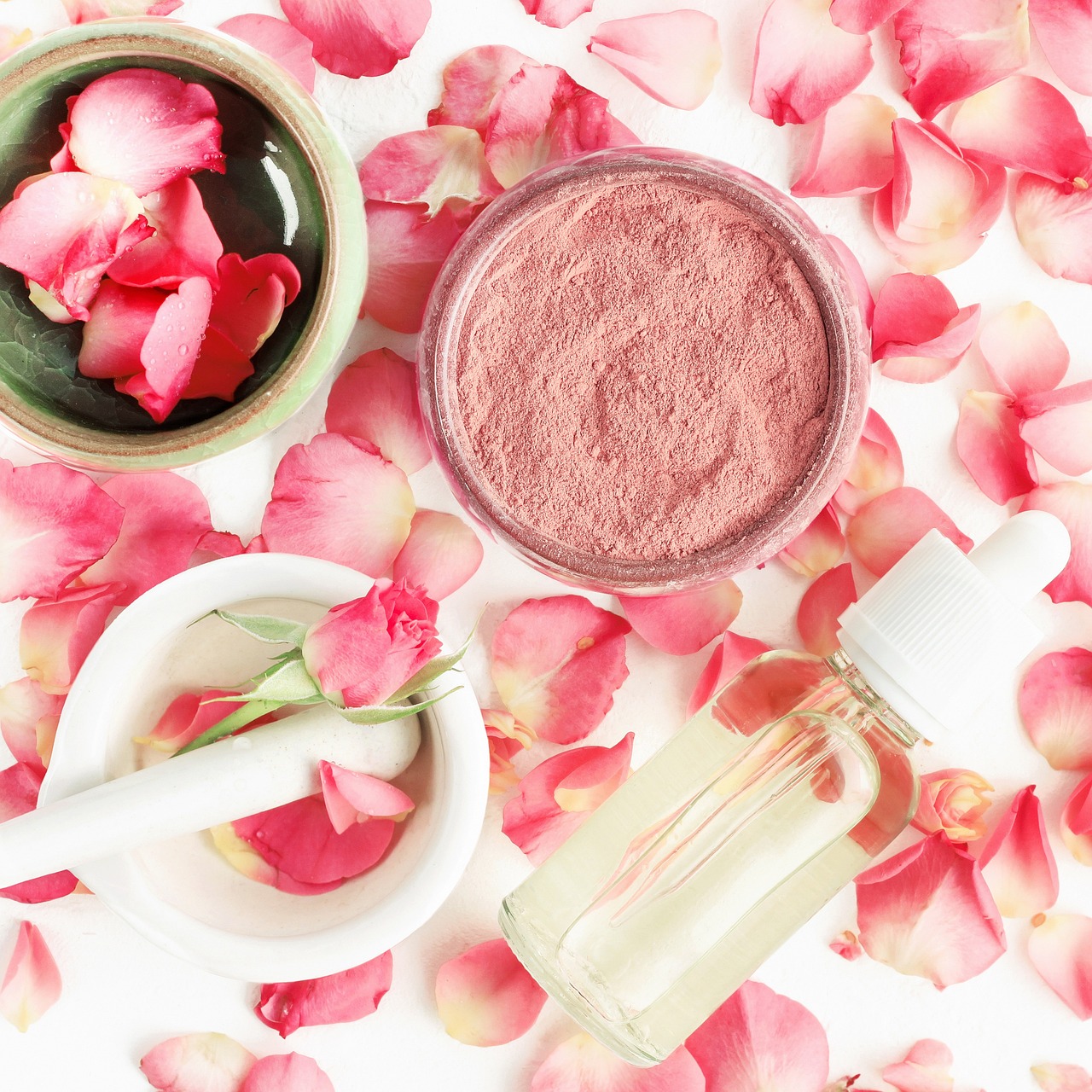About Spots That Have Already Appeared:
For anyone struggling with melasma or dark spots—let’s talk about how to restore a clear, radiant complexion through the right care and daily habits.
Once a dark spot appears, you can’t help but thinking about it, right? Even if treatments like laser therapy or skincare products fade them, spots can often return due to lifestyle habits, slowed skin turnover, hormonal balance, stress, and other factors.
In this article, I’ll share my own experiences and practical tips on why spots form and how to prevent them from coming back. With the right knowledge and consistent care, achieving healthy, glowing skin is absolutely possible.
This article is especially for women in their late 30s to 60s who feel their dark spots keep coming back, even after using whitening products or getting treatments.
Common questions I get:
- Can a dark spot that has appeared fade away completely?
- If a spot has disappeared, will it ever return?
Can a Spot Fade Away?
Yes—but correct care is key, and results vary from person to person.
By improving daily habits and using proper skincare, fading dark spots is absolutely possible. Modern treatments like lasers are also effective.
However… whether you fade a dark spot yourself or through laser treatment, it can still reappear.
Fundamental Steps to Clear Skin
- Daily, consistent care(keep your skin moisturized)
- Reviewing your diet to improve gut health
- Immediate care after sun exposure (see my previous post)
- Skin and dietary choices that help suppress melanin production
Why Do Spots Come Back?
Skin cell renewal: The Secret Behind Clear, Healthy Skin
Your skin has a natural renewal cycle called skin cell renewal(skin turnover), which usually takes about 28 days.
Deep in the basal layer of your epidermis, two important cells—melanocytes and keratinocytes—are hard at work. Keratinocytes slowly move upward to the surface, where they eventually shed as dead skin cells.
When your skin cell renewal is healthy, excess melanin (the pigment that causes dark spots) is naturally shed with these old cells. But as we get age , this natural process slows down. That means melanin can remain in the skin, leading to stubborn dark spots and uneven tone.
Looking back to your teenage years—you could play outside all day without sunscreen, swim, or exercise, and still barely get any dark spots. That’s because your skin cell renewal was working at its best back then.
Now that the process isn’t as quick, we need to give the skin the appropriate care and guidance to keep it glowing, youthful, and even-toned. And that’s exactly what my course is designed to help you achieve.
(Melanin is naturally made by cells called melanocytes. It helps protect cellular DNA from UV rays.
However, if melanocytes produce too much melanin, it can cause dark spots (hyperpigmentation).
In addition, if your skin’s turnover is irregular, melanin may not be shed properly and can remain in the skin, leading to uneven pigmentation.)

Hormonal Balance and Dark Spots
Women are especially sensitive to hormonal changes as we age. Spots often appear more prominently during pregnancy or in the luteal phase before menstruation, due to progesterone.
Many of my clients notice a sudden increase in spots or melasma after pregnancy. Progesterone stimulates melanin production, making pigmentation more likely—but it’s also an essential hormone for overall health.
(For more on estrogen and progesterone, see my previous articles.)
Stress and Spots
Cortisol, the stress hormone produced by your adrenal glands, increases when you feel stressed. Chronic stress can damage your gut barrier and trigger inflammation.
Gut Health and Skin
Did you know your gut and your skin are closely connected? Poor gut health can trigger inflammation, which often shows up on the skin as melasma, dark spots, dullness, or even acne.
When gut imbalance leads to disrupted skin turnover or a weakened skin barrier, your skin becomes less efficient at clearing out melanin. This makes it easier for pigmentation and other skin concerns to appear.
From my own experience, improving my gut health made a remarkable difference in my skin’s clarity. While external skincare is important, I found that supporting my body from the inside―through nutrition and gut health― restored my skin’s natural glow and radiance.
Environment, Lifestyle, and Seasons
The causes of dark spots can vary depending on the season and lifestyle habits:
- Summer: UV exposure is the main culprit.
- Winter: Slower metabolism can contribute.
- Diet: Excess sugar and fat may worsen pigmentation.
- Mental state: Stress and irregular routines can affect the skin.
Years ago, I even conducted a little “experiment” on myself—eating sugar- and fat-heavy desserts after dinner and watching dark spots appear, then returning to a healthy routine and seeing improvement.
I also experimented with sun exposure without sunscreen. The difference was shocking! (I certainly wouldn’t dare do that now, haha.)
My Approach to Fading Melasma and Spots
- Lymphatic massage to support healthy skin turnover
- Adjusting nutrient intake and meal timing for optimal skin health
- Special moisturizing routines tailored to your skin
- Using products correctly, even on sensitive skin
- Thorough gut health management
- Melanin-suppressing DIY skincare (not feasible for me currently due to sensitivity, but highly effective)
- UV protection and metabolism support, adapted to the season and environment
Even after spots fade, they can reappear, so ongoing care is essential.
Maintaining Results
Even after spots fade, skipping proper care or a balanced diet can cause them to return. Continuity is key.
Don’t Obsess Over Spots Alone
While it’s important to care for spots or melasma, focusing on them too much can increase stress. Instead, aim for overall radiance and healthy-looking skin.
- Glow and moisture help make dark spots less noticeable
- Your smile and facial expressions enhance your beauty
- Modern foundations with skincare benefits can be helpful if they suit your skin
Summary
Every time you look in the mirror, you can either sigh at the spots you see or lift your mood by noticing the improvements in your skin.
Stress generates free radicals, which can contribute to dark spots and sagging. Let go of attachments and focus on positive actions that make you feel excited and energized.
As mentioned earlier, I don’t perform treatments like laser spot removal myself, but visiting a professional beauty clinic can certainly be an option. That said, neglecting your basic daily care—especially for the reasons discussed above—can negatively affect both your skin and your overall health.
For Those Who Want Personalized Guidance
The methods shared here are foundational. Everyone’s skin type, lifestyle, age, and hormonal balance differ.
If you want to know:
- Which method truly works for your skin
- How to prevent the recurrence of dark spots and melasma through daily habits
- How to approach overall health, gut, and stress management
…individual consulting can provide a a plan tailored just for you. My clients not only see improvement in dark spots but also enhanced skin clarity and radiance, and they’ve found daily mirror-checking more enjoyable, with more smiles in their lives.

